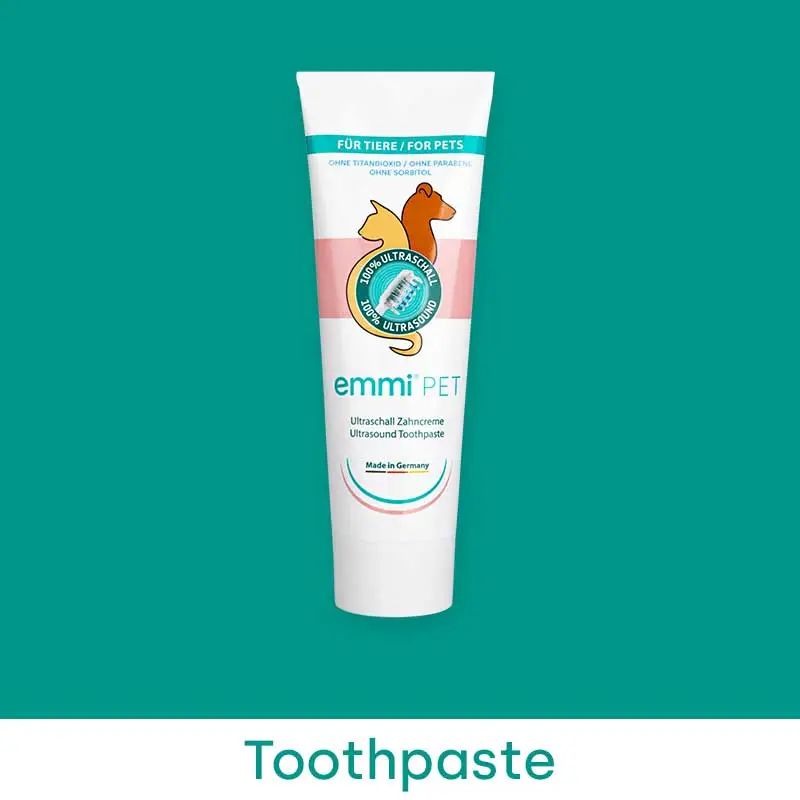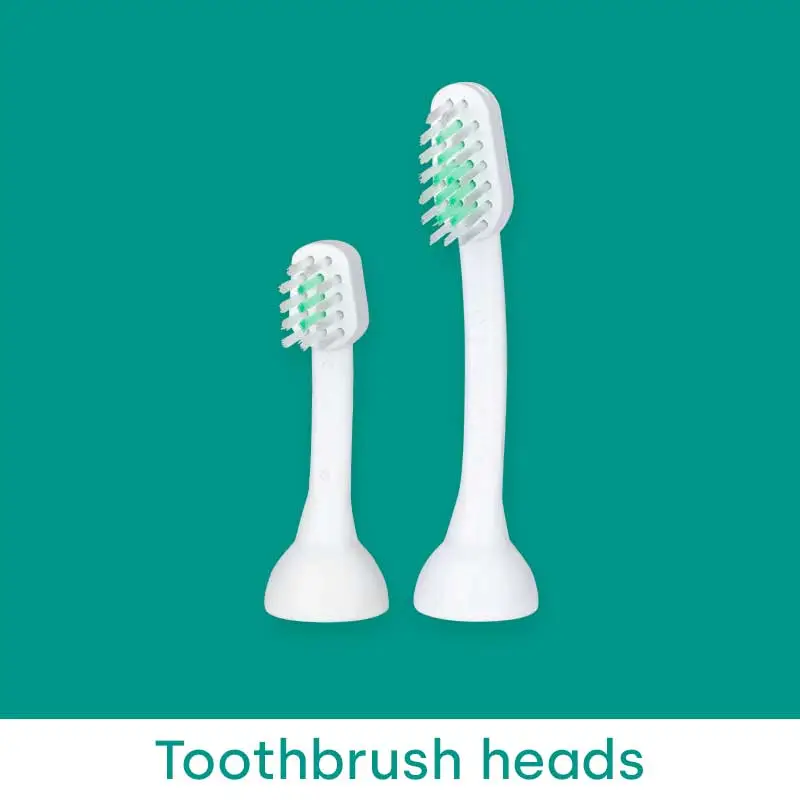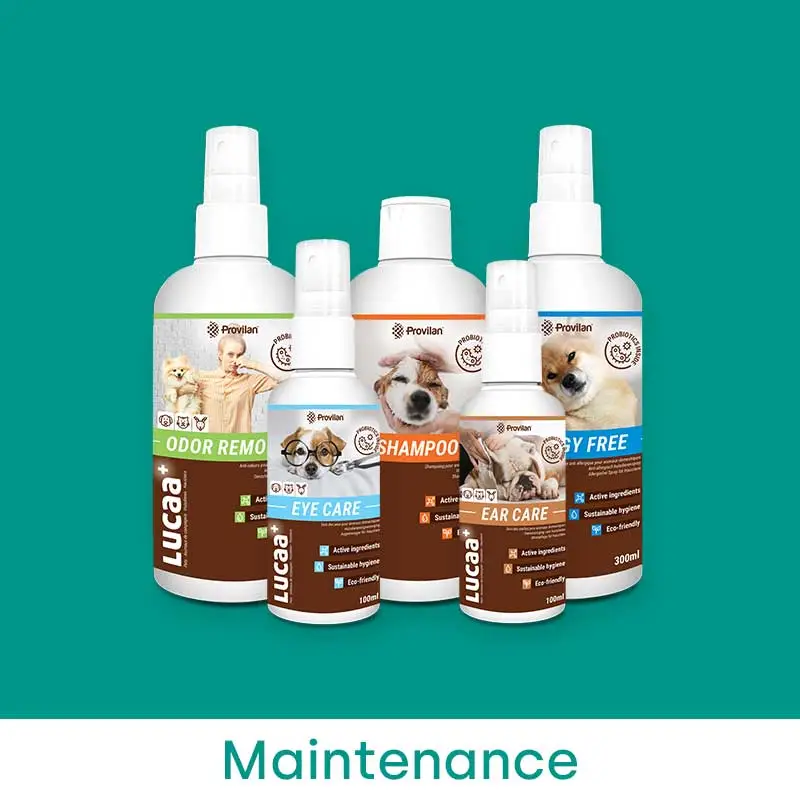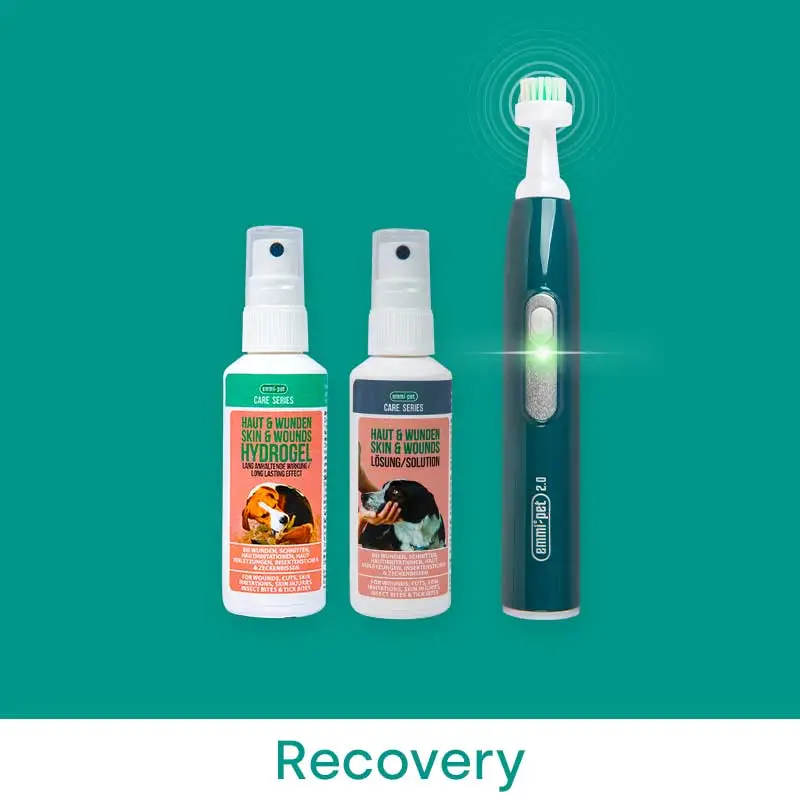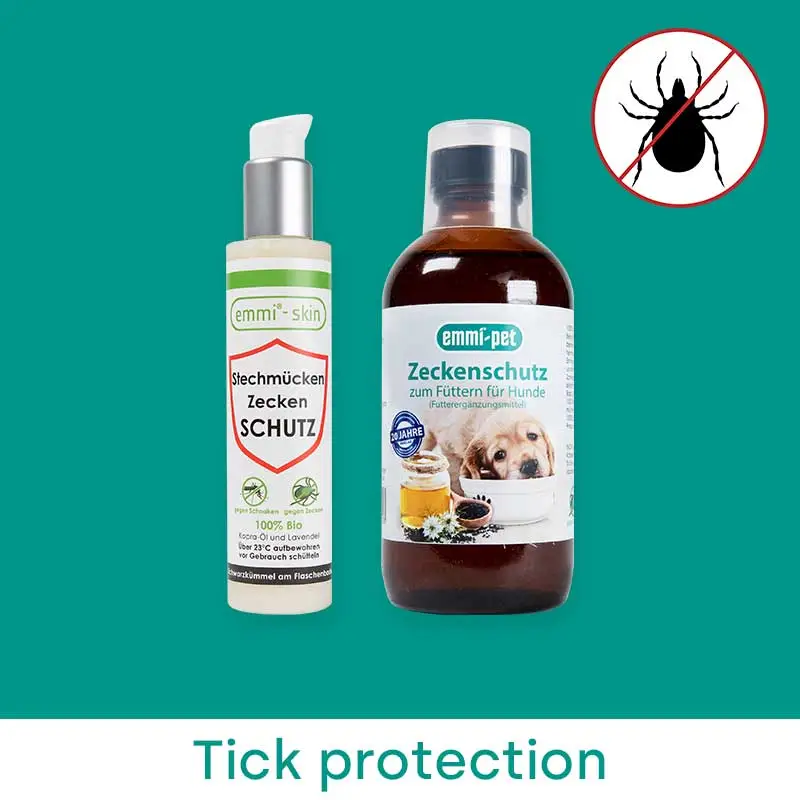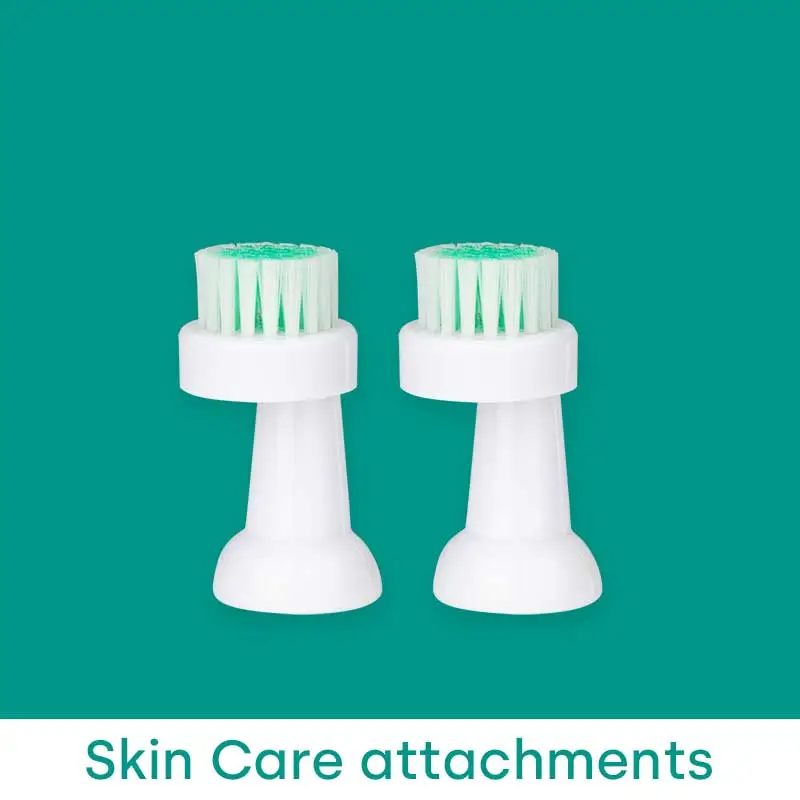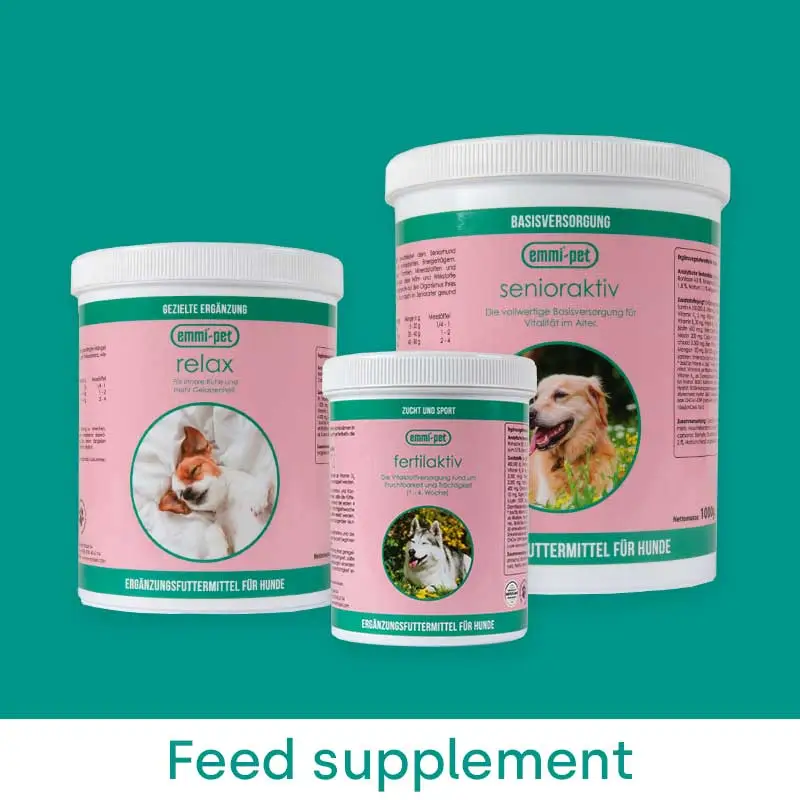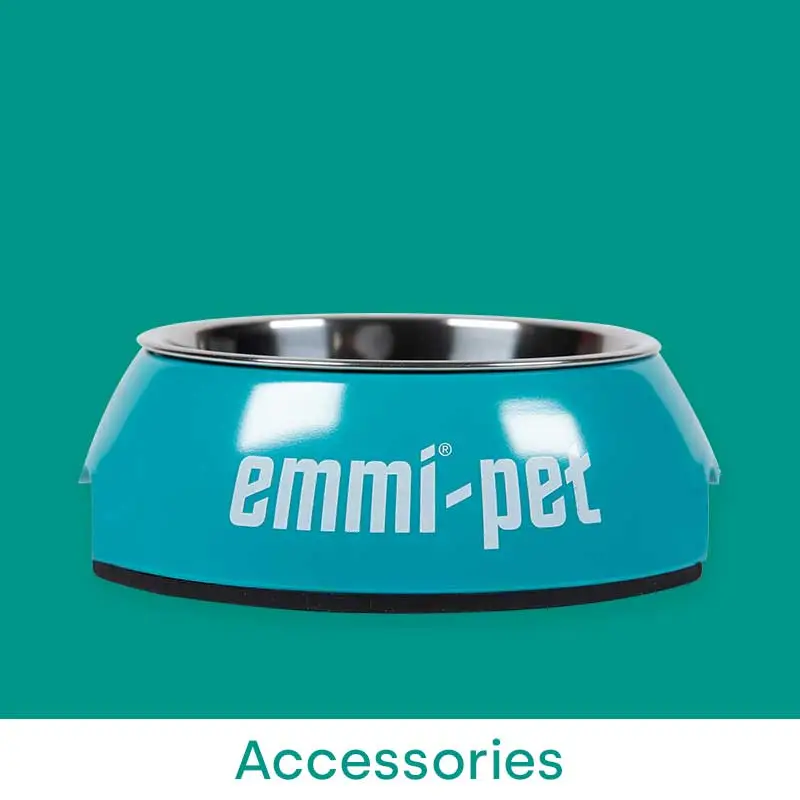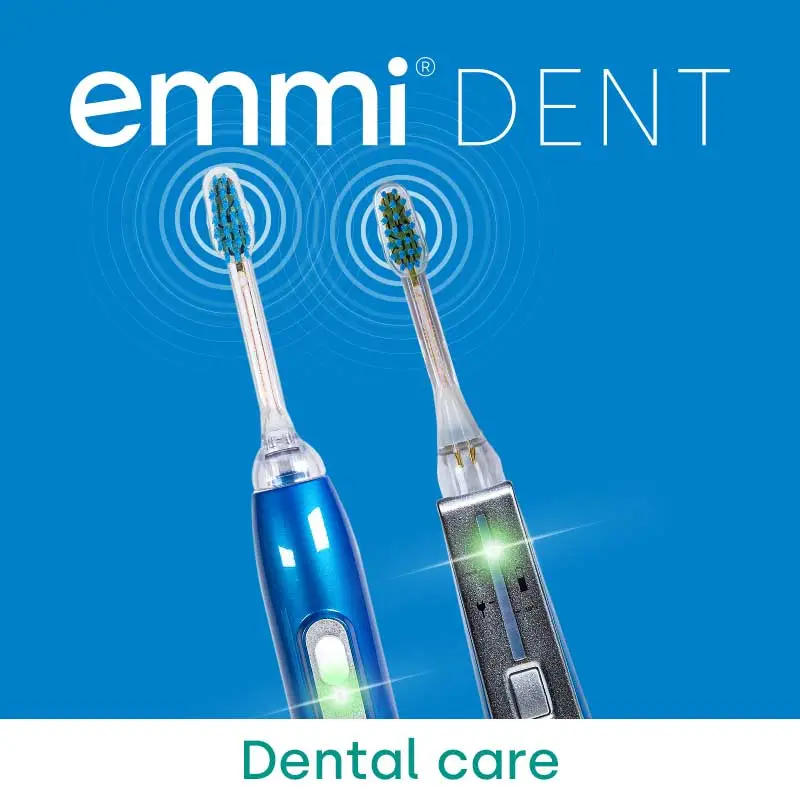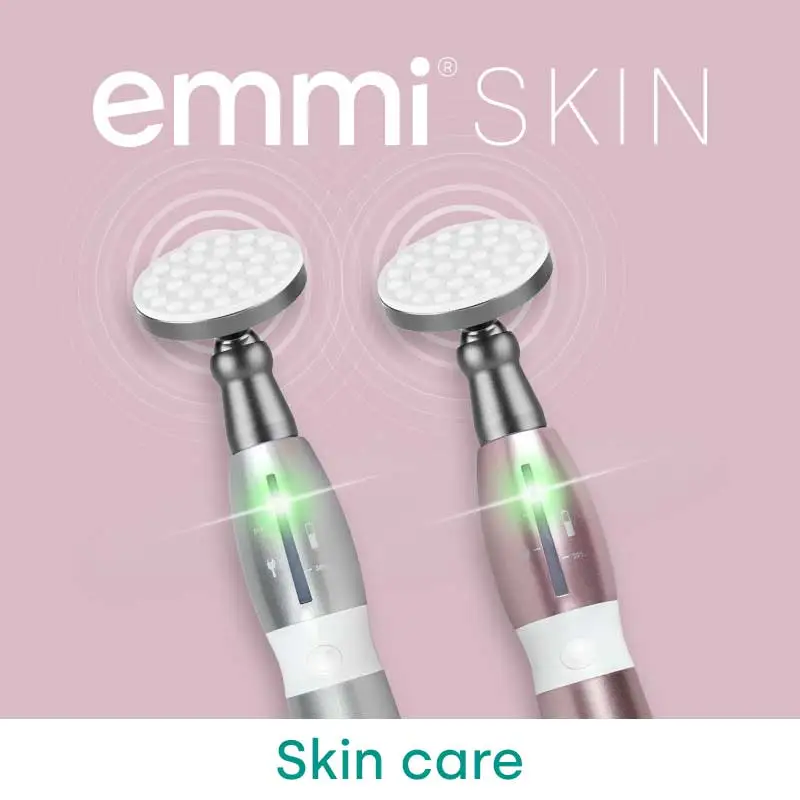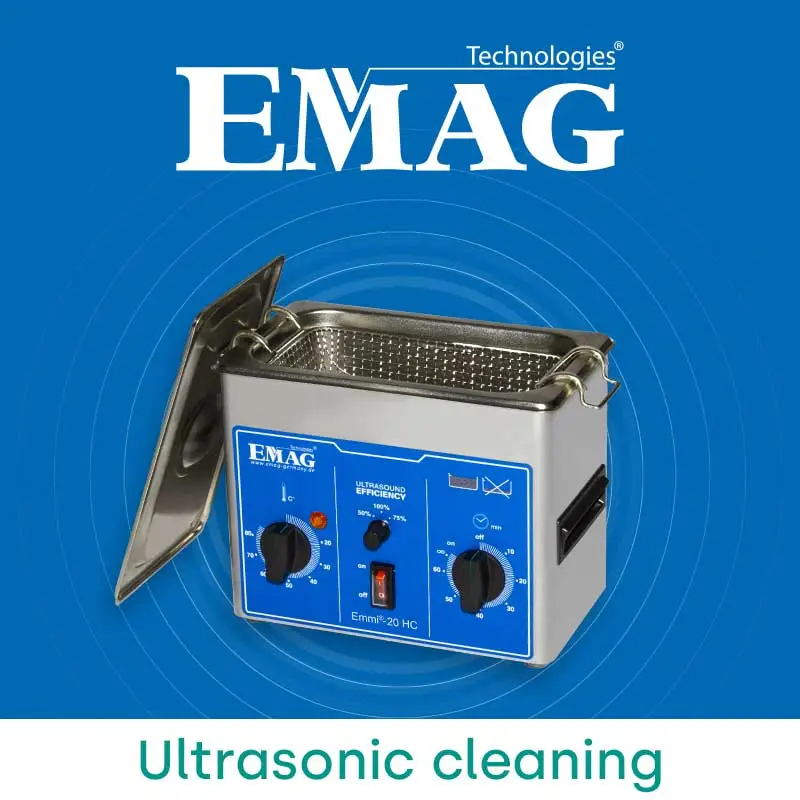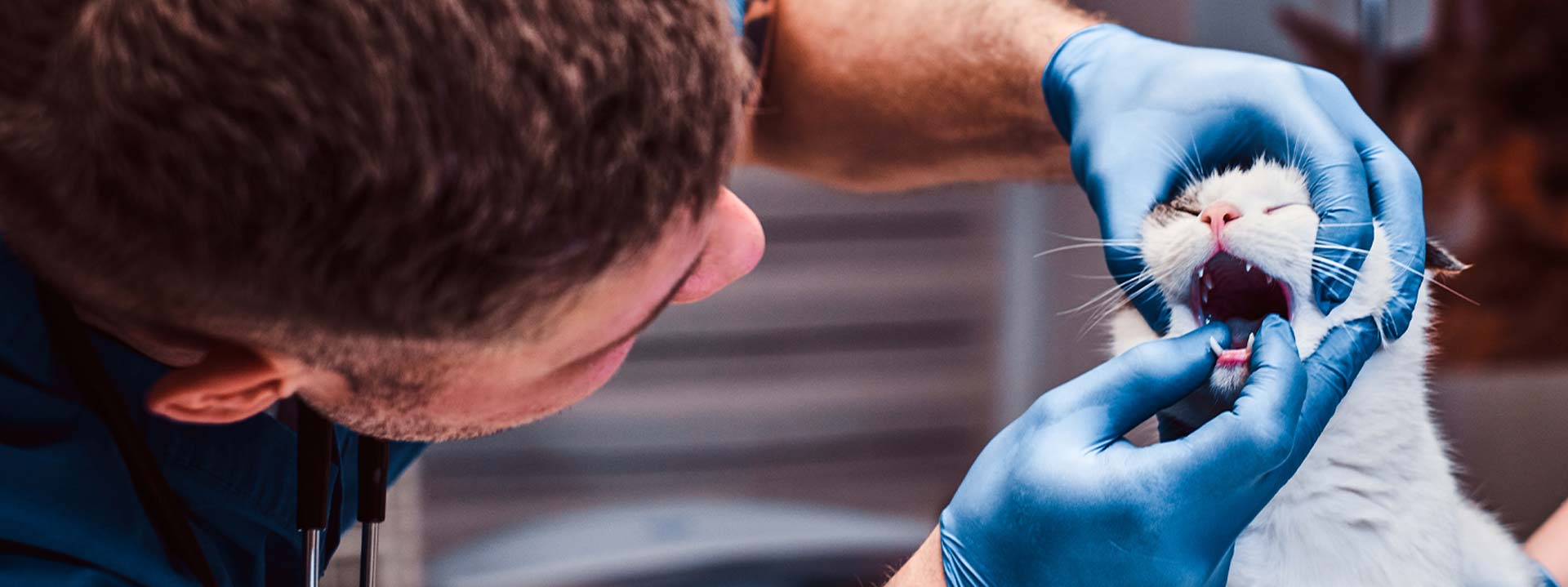
Cats are masters at hiding pain and discomfort. This makes it particularly difficult to recognise dental problems in time. So why are regular dental check-ups so important? It goes far beyond simply removing tartar. A routine visit to the vet can help to detect serious problems such as dental fistulas or other hidden diseases at an early stage.
You should be particularly vigilant with older cats. They are more susceptible to dental problems, which are not only painful but can also significantly affect your cat's general well-being. Regular veterinary check-ups are therefore essential to ensure your pet's health and avoid unwanted surprises.
Dental care and prophylaxis are essential if you want to improve your cat's well-being. In emergencies, untreated dental problems can lead to serious health risks. Bear in mind that every cat has individual needs that often require a precise and careful diagnosis. In this article, we explain why regular dental check-ups are important for your cat.
The basics of cat dental health
The topic of dental health in our furry friends is extremely important and deserves our full attention. Dental check-ups in cats are essential to uncover deeply hidden problems that, if left unchecked, could significantly affect your cat's well-being. Invisible pain is particularly insidious as it can jeopardise general wellbeing if unnoticed.
Older cats deserve special attention as they are often more prone to dental problems due to their age. Such problems are not only a source of discomfort, but can also lead to serious health complications.
But what exactly happens during a dental examination? The vet examines the cat's gums and teeth for signs of inflammation and other common dental problems. Thanks to modern technology, such as dental x-rays, a precise diagnosis can be made. This type of examination is crucial for recognising diseases early and treating them effectively to preserve your cat's well-being.
Regular veterinary examinations are designed to address the individual needs of each cat.
Benefits of regular dental check-ups
The importance of regular dental check-ups is particularly evident in our older cats. They are crucial to avoid serious health complications that can arise from dental problems. But what exactly can you achieve through regular visits to the vet?
-
Early detection: Diseases such as gingivitis can be recognised at an early stage.
-
Prevention of tooth loss: Untreated problems can cause tooth loss.
-
Infection prevention: Regular check-ups prevent infections that jeopardise your cat's well-being.
-
Personalised care: Vets offer tailored solutions for your cat's individual needs.
-
Tartar removal: Tartar and plaque are removed, which prevents periodontitis.
-
Accurate diagnosis: Modern technology enables accurate diagnosis of hidden problems.
-
Promoting general health: Dental problems can cause other health problems.
Regular veterinary examinations are crucial for your cat's well-being. They help to prevent dental problems that often go unnoticed.
What happens during a dental examination?
When it comes to examining your cat's teeth, the vet will carry out a thorough inspection of the entire dental apparatus. Specialised instruments and techniques are used to effectively remove tartar and plaque. These steps are crucial for the well-being and health of your cat.
If necessary, a dental x-ray will be performed to visualise deeper problems hidden in the root area. This allows for accurate diagnosis and treatment of hidden conditions that might otherwise go undetected.
It is particularly noteworthy that older cats often require more intensive care. Dental problems in these animals tend to lead to further health complications, so regular dental check-ups are essential to avoid serious problems.
But don't worry, vets specialise in offering bespoke solutions tailored to your cat's individual needs and conditions. This expert care ensures that dental health remains well under control.
Home dental hygiene practices for cats
Dental care at home is just as crucial as regular professional dental check-ups for cats. So how can we effectively support the dental health of our cats at home? The use of special toothbrushes and toothpastes forms the basis for good dental hygiene. Regular tooth brushing is important, even if it can be challenging at first. A small incentive in the form of treats can help to get your cat used to this routine.
Why is this so important? Dental disease can significantly affect your cat's well-being and lead to pain and long-term health problems.
What else can you do? Diet plays an important role. A balanced diet can help to minimise the formation of tartar. Older cats in particular require increased attention to dental care, as they are more prone to dental problems that can lead to serious complications.
Ultimately, the individual needs of each cat are crucial. Customised care is essential to ensure the well-being and health of your cat.
Professional care vs. home care: when is professional care necessary?
The need for professional care when it comes to dental check-ups for cats should never be underestimated. Even if you do a lot of good for your cat's dental health at home with careful care, for example with our emmi-pet ultrasonic toothbrush, there are limits to what can be achieved at home. Deeper, hidden problems often go unnoticed and can only be uncovered by professional dental cleaning and thorough examinations by a vet.
Regular professional care is essential to prevent long-term damage and ensure your cat's wellbeing. This is especially important for older cats, who are more prone to dental problems due to their age and therefore require more intensive care.
Choosing the right specialist who specialises in the dental treatment of cats makes all the difference. Such an expert can recognise and treat deep-seated problems that remain hidden to the layperson. With an expert at your side, care will not only be more effective, but also easier, as you can trust that all aspects of your cat's health are being professionally monitored.
Let's not leave the dental health of our pets to chance. Investing in professional care is an investment in a long, pain-free life for our cats.
How to prepare a cat for dental examinations
Preparing your cat for a dental examination starts long before you enter the vet's surgery. A crucial step is to turn the transport box into a familiar and calming place to minimise your cat's stress levels. The use of calming pheromones can also help to alleviate your cat's nervousness.
How can you effectively prepare your cat for the examination? Start with short, playful exercises in which you gently touch your cat's mouth. Gradually increase the duration of these sessions and always end with a treat as positive reinforcement. This approach can help to make a visit to the vet a less frightening experience.
It is also important to recognise the individual needs of each cat. Older cats in particular may need a gentler approach. Your cat's well-being should always be at the forefront of your endeavours, and small steps can go a long way towards success.
Another important tip is to stay calm yourself. Cats are very sensitive to the emotions of their owners. A relaxed atmosphere during preparation and on the way to the vet can make a significant difference to your cat's reaction.
Choosing the right vet
Choosing the right vet is crucial for your cat's dental health. It's important to choose a vet who has specialised knowledge in feline dental examinations. Such professionals are familiar with the unique needs of our felines and have the necessary expertise to recognise health problems at an early stage.
What characterises a good dentist? Look for recommendations and reviews from other cat owners. An experienced dental vet should be able to offer customised treatment plans that are specifically tailored to your cat's needs, including special consideration for older cats.
Before making a decision, you should ask the potential vet specific questions: What experience do they have specifically with dental treatments for cats? What modern technologies do they use? This information will help you find a vet who can optimise your cat's well-being.
Trust your gut instinct: A vet who is open and understanding to your concerns and offers a reassuring presence can be crucial. Your cat's health is precious, and choosing the right vet is a fundamental step in helping them live a long and healthy life.
Common questions and myths about cat dental care
Frequently asked questions and common myths about dental care in cats often lead to misunderstandings and misinformation. A common misconception is that dental problems only occur in older cats. In fact, younger cats may also need an urgent dental check-up.
Another myth concerns dry food: many believe that it can prevent dental disease in cats. However, the reality is that dry food can actually contribute to dental problems as it does not provide the mechanical cleaning that is often assumed.
It is crucial to understand that our furry friends can be very skilful at hiding their pain. It is therefore of the utmost importance to regularly check for symptoms such as reduced appetite or changes in eating behaviour. It may come as a surprise, but even indoor cats are not immune to dental disease.
Regular dental check-ups play a crucial role in recognising such conditions early and treating them effectively. This ensures the well-being and health of your cat.

